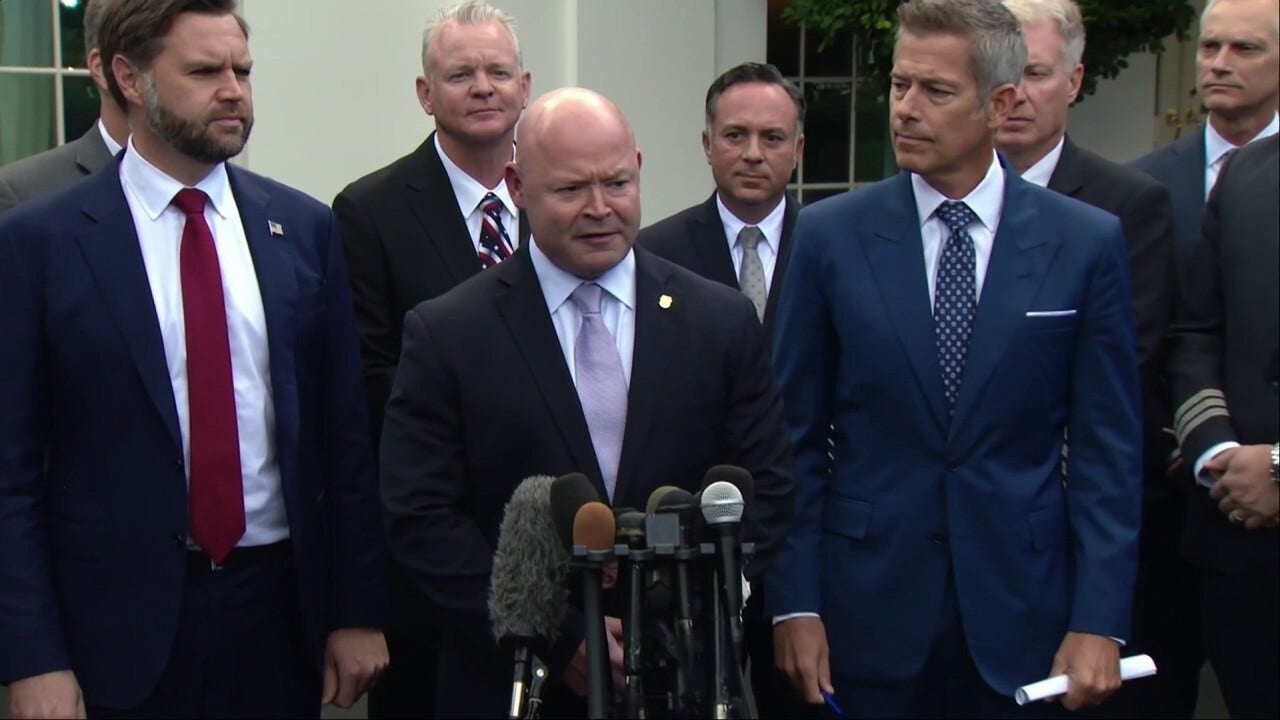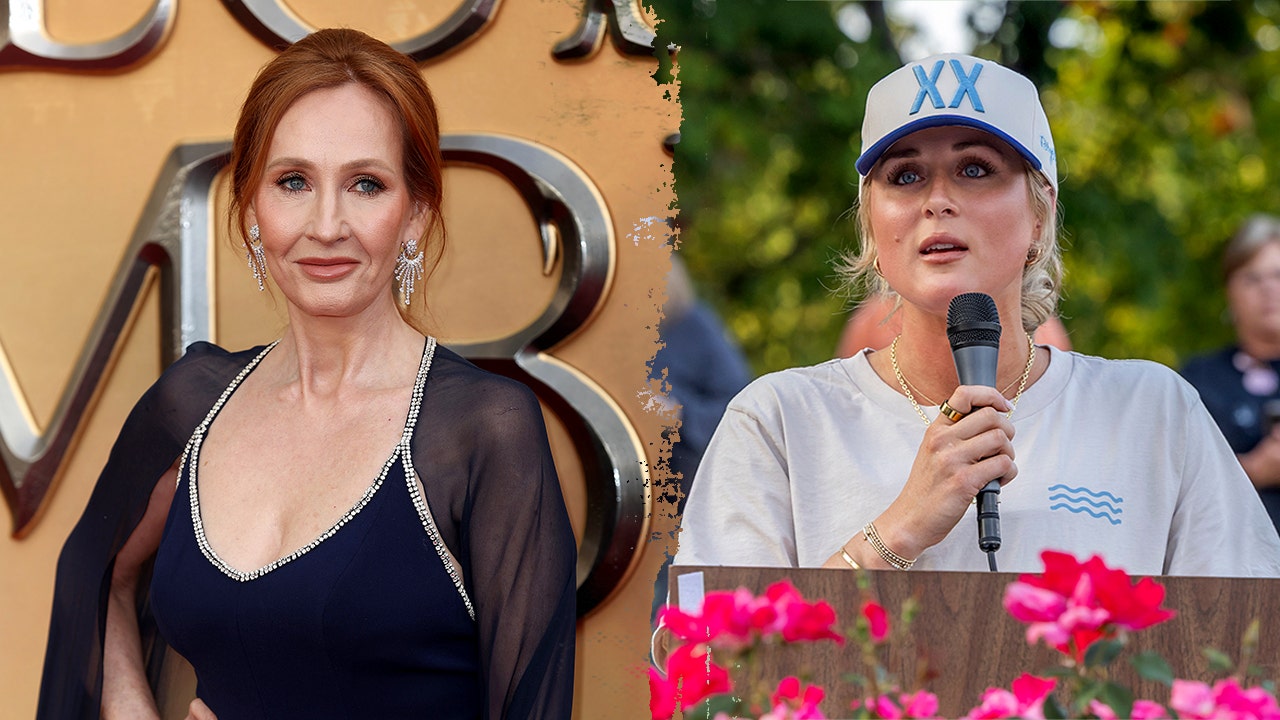President Donald Trump just concluded the first Asia trip of his second term with one of the highest-stakes dealmaking sessions of his career. His meeting with Xi Jinping did not end in a fiery outburst or the grand bargain the Chinese desired and most Americans and their allies feared, but it was far from inconsequential. The incomplete and tentative agreement struck in Busan, South Korea, revealed the path each superpower is pursuing to dominate global affairs and why they remain at odds.
Trump was pleased with the summit. “Overall, I guess on the scale of from zero to 10, with 10 being the best, I would say the meeting was a 12,” he exulted on the way home.
The most important immediate outcome is a one-year partial ceasefire in the trade war. China will pause the strict controls it announced earlier this month on exports of so-called rare earth minerals, and the United States will reciprocate on some high-tech goods, such as chipmaking components. Trump told reporters that the agreement does not allow Xi to buy Nvidia’s most advanced Blackwell chips.
Xi further promised to buy American soybeans and restrict exports of chemicals used to make fentanyl, and Trump agreed to lower the fentanyl-related tariffs. After the meeting, Trump posted that China will also “begin the process of purchasing American Energy” and hinted “a very large scale transaction may take place concerning the purchase of Oil and Gas from the Great State of Alaska.”
Trump seems optimistic about the deal, but he held onto some leverage against China. He noted, “Every year, we will review the deal,” although he thinks “the deal will go … long beyond a year.” Given the underlying frictions between the United States and China, though, Xi and Trump will probably look for leverage against each other before their scheduled meeting in China next April. The deal might not last even half a year.
Despite the outward warmth and bonhomie, the contours of the economic competition have not changed. The United States still aims to stay ahead of the Communist Chinese in cutting-edge information sectors like artificial intelligence and high-tech manufacturing, particularly for the computer chips that are vital for AI. China wants to keep the Americans reliant on its supply chains for needed goods like rare earth minerals and pharmaceuticals until its high-tech industries can surpass the American ones.
The competition will likely depend on if China’s high-tech firms can catch the American ones and if the Trump administration can build out alternative supply chains. Both countries are racing flat out: Trump made five agreements related to rare earths during his Asia trip on top of other agreements ranging from Ukraine to Congo. Xi, meanwhile, is urging Chinese state-backed companies with some success to develop cutting-edge computer chips without relying on Western-controlled technology. In Busan, Trump and Xi agreed to stop throwing certain obstacles in each other’s paths.
Geopolitics will also remain a significant source of friction. Trump undoubtedly alarmed some of America’s allies when he posted about the G2, which in prior decades referred to the discredited idea that the United States and China would together decide the future of Asia and perhaps even the world. But Trump is not looking for a joint partnership with Xi—he wants the United States to dominate.
A real G2 would have resolved the Taiwan issue. Beijing wants a deal that enables it to absorb the island democracy or, at the very least, demoralizes the Taiwanese who want to escape domination by the mainland. Trump said that “Taiwan never came up” with Xi.
Other Trumpian moves made Xi’s military options less attractive. Just before their meeting, Trump ordered the military to test its nuclear deterrent for the first time in 33 years and agreed to let South Korea build nuclear-powered submarines in Philadelphia. Neither announcement will fill the Zhongnanhai with joy.
China’s attempts to harm the United States domestically also remain. Xi continues to poison the minds of America’s youth with TikTok, which he reportedly calls “spiritual opium,” and their bodies with fentanyl. Trump lowered the fentanyl tariffs on Thursday, but he did not remove them because the deadly flow continues.
Beijing’s insecurities about its grip on the Chinese people also drive it to offend and horrify Trump’s base. Just before the summit, the Chinese government arrested senior pastor Ezra Jin Mingri and the other leaders of Zion Church, the largest underground church in China. This latest Communist attack on people of faith was a poke in Trump’s eye, since in his last term his administration criticized a similar crackdown, and American Evangelicals are among the most resolute friends of China’s Christians.
Xi and Trump departed Busan with kind words all around. But as Shakespeare reminds us, in matters of high politics, there’s daggers in men’s smiles.
Read the full article here






